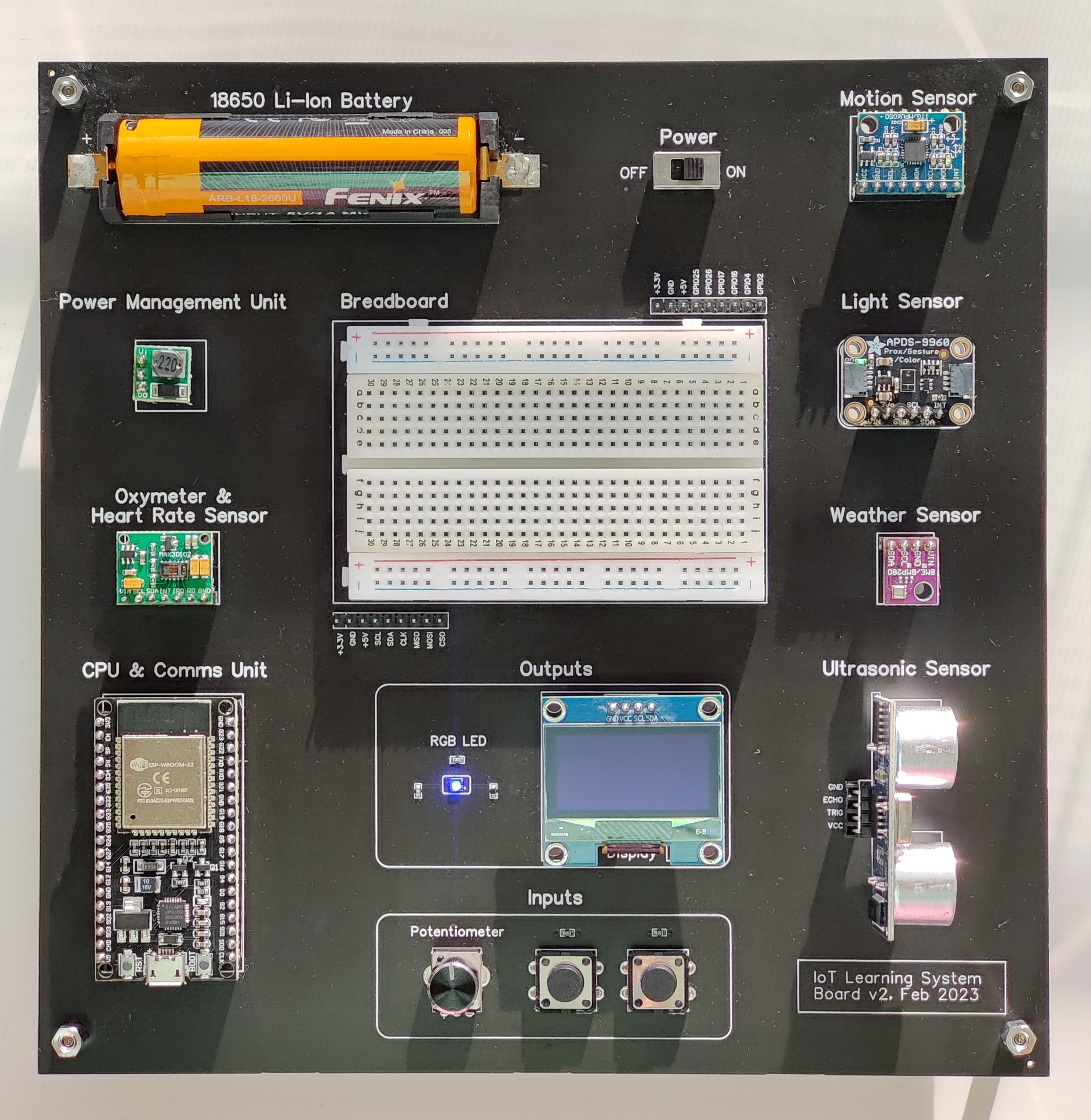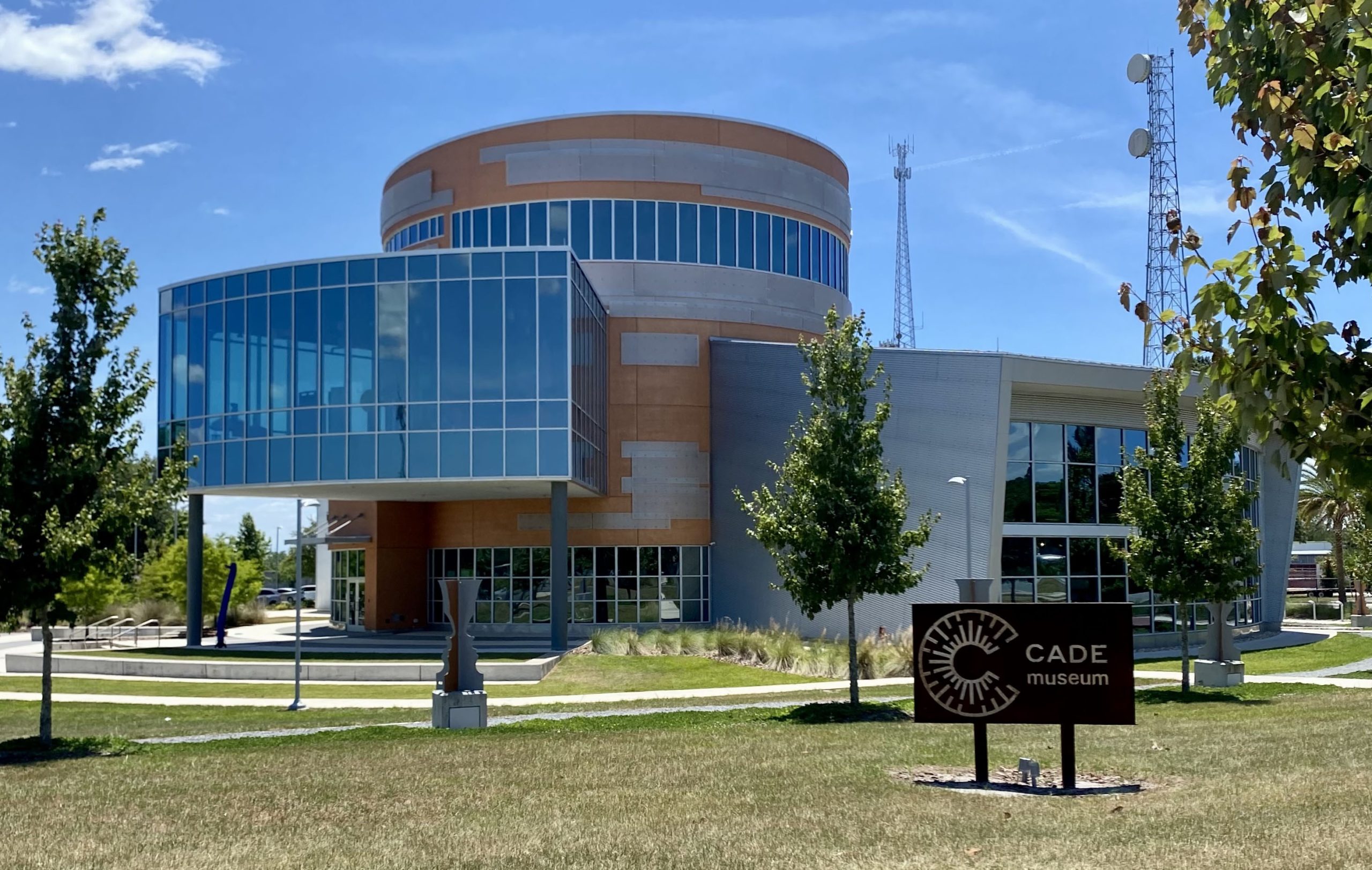Researchers in the Warren B. Nelms Institute are developing a curriculum on microelectronics and artificial intelligence (AI) that will support and encourage engaging, hands-on learning for upper-elementary students in a unique setting—children’s museums.
Through a partnership with the Cade Museum for Creativity and Invention in Gainesville, FL, the curriculum will be delivered as a two-week summer camp at the museum from July 14th to July 25th, 2025.
The research team is comprised of Warren B. Nelms Institute faculty Dr. Swarup Bhunia, Dr. Pasha Antonenko, Dr. Andrea Ramirez-Salgado, and Dr. Baibhab Chatterjee. This effort is funded through the National Science Foundation.

The program will use a kid-friendly version of the AHA board, which is currently in development. Participants will learn how computers work, the role of data in the design of smart technologies, and produce a team project that uses microelectronics and artificial intelligence to address a problem that is relevant to their lives.
“At the end of the second week, we will host a project exhibition where students can showcase their work,” said Dr. Ramirez-Salgado. “Caregivers will be invited to engage with the projects, gaining insight into the significance of microelectronics and AI in everyday life.”
This program will help improve children’s understanding of microelectronics, computers, and the many ways AI can be used in our everyday lives. The broader impact will enable the Nelms Institute to address a critical need in the nation for a well-trained semiconductor workforce by introducing our children to the fundamental concepts of microelectronics.
